Round Hay Bale
$80.00 Original price was: $80.00.$70.00Current price is: $70.00.
Best Round Hay Bale For Sale Online Near Me:
When it comes to keeping your horses healthy and happy, finding the right feed is essential. One of the best choices for equine nutrition is round hay bales. Not only do they provide a rich source of fiber, but they also offer convenience and efficiency for horse owners. If you’re searching for a round hay bale for sale near you, look no further! With just a bit of online exploration, you can discover quality options that will keep your horses well-fed all year long. Let’s dive into why these large bundles of goodness are so beneficial and where to find them conveniently online.
Round Bale Feeder For Horses Online at Corral Fence Panels:
At Corral Fence Panels, finding the perfect round bale feeder for your horses is a breeze. Their selection is designed with both functionality and durability in mind. Made from high-quality materials, these feeders can withstand the wear and tear of daily use.
The unique design allows for easy access to hay while minimizing waste. This means more nutrition for your horses and less mess in the pasture. You’ll appreciate how these feeders encourage natural eating behaviors. Round hay bale for sale, round bale feeder, mini round baler, mini hay baler, round bale hay net, mini round hay baler, round bale feeder for horses, round baler, round hay bales, round bales of hay for sale near me, small hay baler, bale feeder, small round baler, round bale hay, round bale net.
Shopping online at Corral Fence Panels offers convenience that fits into any busy schedule. You can have a reliable feeder delivered straight to your barn door.
Benefits of Using Round Hay Bales:
Round hay bales offer numerous advantages for livestock owners. They provide a convenient way to store and transport large quantities of hay, saving time and effort. Round bales of hay, round hay bale, round bales for sale, round hay bales for sale, cost of round bale of hay, price of a round bale of hay, price of round hay bales, round bale of hay, hay round bale price, best round hay baler, hay for sale round bales, average price for round bale of hay.
The shape of round bales makes them less prone to spoilage. They shed water more effectively than square bales, keeping the hay dry and nutritious. This means your animals get the best quality feed consistently.
Feeding is also simplified with round bales. Horses can graze from all sides, reducing competition among them for food. This fosters a calmer feeding environment.
Round Bales Of Hay For Sale Near Me:
When searching for round bales of hay for sale near you, it’s essential to consider both quality and convenience. Local farms often provide fresh options, but online retailers can expand your choices significantly. Websites like Corral Fence Panels offer a variety of round bale feeders tailored for horses, ensuring that you find the right fit for your feeding needs.
Exploring local listings on platforms such as Craigslist or Facebook Marketplace allows you to connect with sellers directly in your area. This not only supports local agriculture but also gives you the chance to inspect the bales before purchase. Cost of round hay bales, roll bale hay prices, round hay for sale near me, round hay bale price uk, round hay bail price,l round hay bale for sale near dallas, tx, round hay bale for sale near houston, tx, round hay bale for sale near me, round hay bale for sale craigslist, round hay bale for sale by owner, how much is a round bale of hay in texas, hay for sale in texas, how much is a round bale of hay worth.
Health Caution:
It’s also essential to inspect the hay for any signs of mould, dust, or other contaminants that could be harmful to your horse’s health. When possible, purchase hay from a reputable supplier and ask for a hay analysis to determine the nutritional value of the forage.
Size and Weight:
Another important factor to consider is the size and weight of the round bale. A bale that is too heavy can be challenging to move and may be difficult for horses to eat from, while a bale that is too small may not provide enough forage to meet your horse’s dietary needs.
Specifications:
- Dimensions:
- Diameter: 4 feet (1.22 meters)
- Height: 4 feet (1.22 meters)
- Weight: Approximately 1,000 lbs (453.6 kg)
- Material:
- Type: High-quality hay
- Composition: Mixed grasses and legumes (alfalfa, clover, timothy, and fescue)
- Bale Density:
- Density: Approximately 12-15 lbs per cubic foot (192-240 kg per cubic meter)
- Compaction: Tightly packed to reduce spoilage and improve longevity
- Moisture Content:
- Ideal Range: 15-18%
- Ensures optimal preservation and minimizes the risk of mold
- Binding:
- Binding Material: Durable twine or net wrap
- Twine Strength: 130-170 psi (pounds per square inch)
- Net Wrap: UV-resistant, provides additional protection against the weather
- Nutritional Value:
- Crude Protein: 12-16%
- Total Digestible Nutrients (TDN): 50-55%
- Fiber: 25-30%
- Energy: 0.85-1.00 Mcal/lb (Megacalories per Pound)
- Storage:
- Recommended: Store in a dry, covered area to maintain quality
- Shelf Life: Up to 12 months when stored properly
- Usage:
- Suitable for Cattle, horses, sheep, goats, and other livestock
- Feeding Instructions: Adjust quantity based on animal size and dietary needs
- Packaging:
- Single Round Hay Bale
- Bulk options available for large-scale operations
- Certifications:
- Non-GMO
- Pesticide-free
- Organic certification is available upon request
- Additional Features:
- Easy to handle with standard farm equipment
- Reduces labor and time in feeding operations
- Minimizes wastage compared to traditional square bales
| cutting | first cutting, second cutting |
|---|
Be the first to review “Round Hay Bale” Cancel reply
Related products
Hay For Sale
Hay For Sale
Hay For Sale
Hay For Sale
Hay For Sale
Hay For Sale
Hay For Sale
Hay For Sale
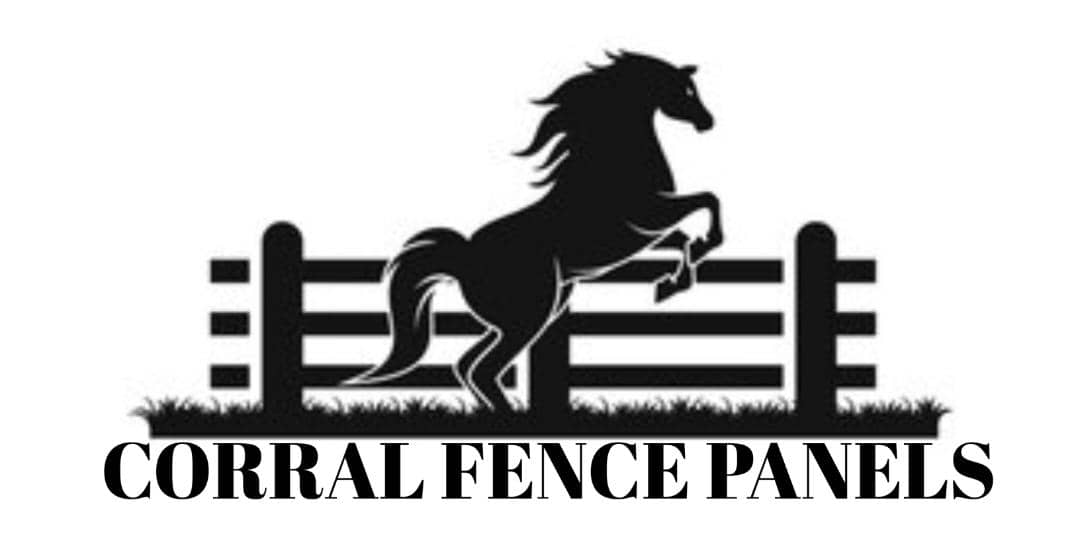
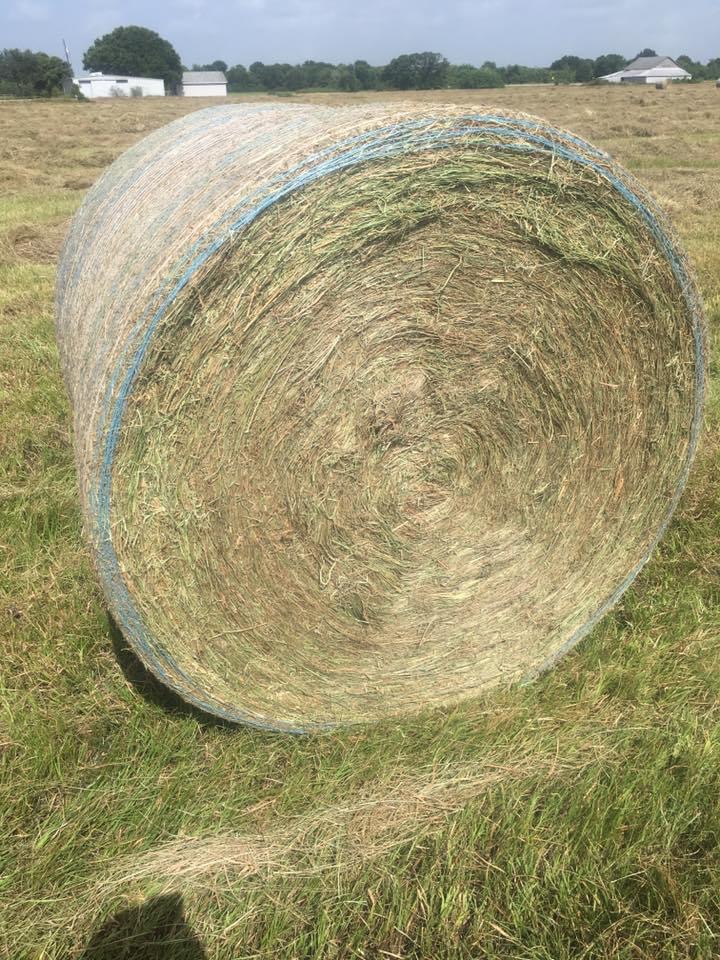
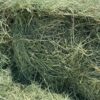
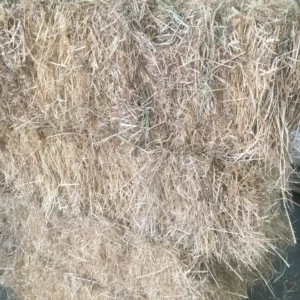


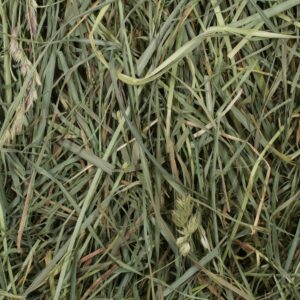
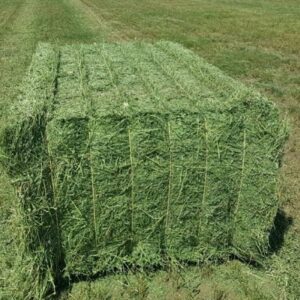

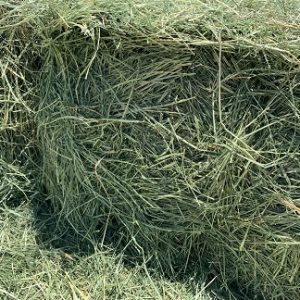
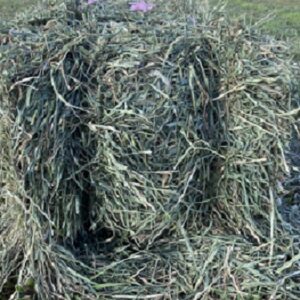
Reviews
There are no reviews yet.